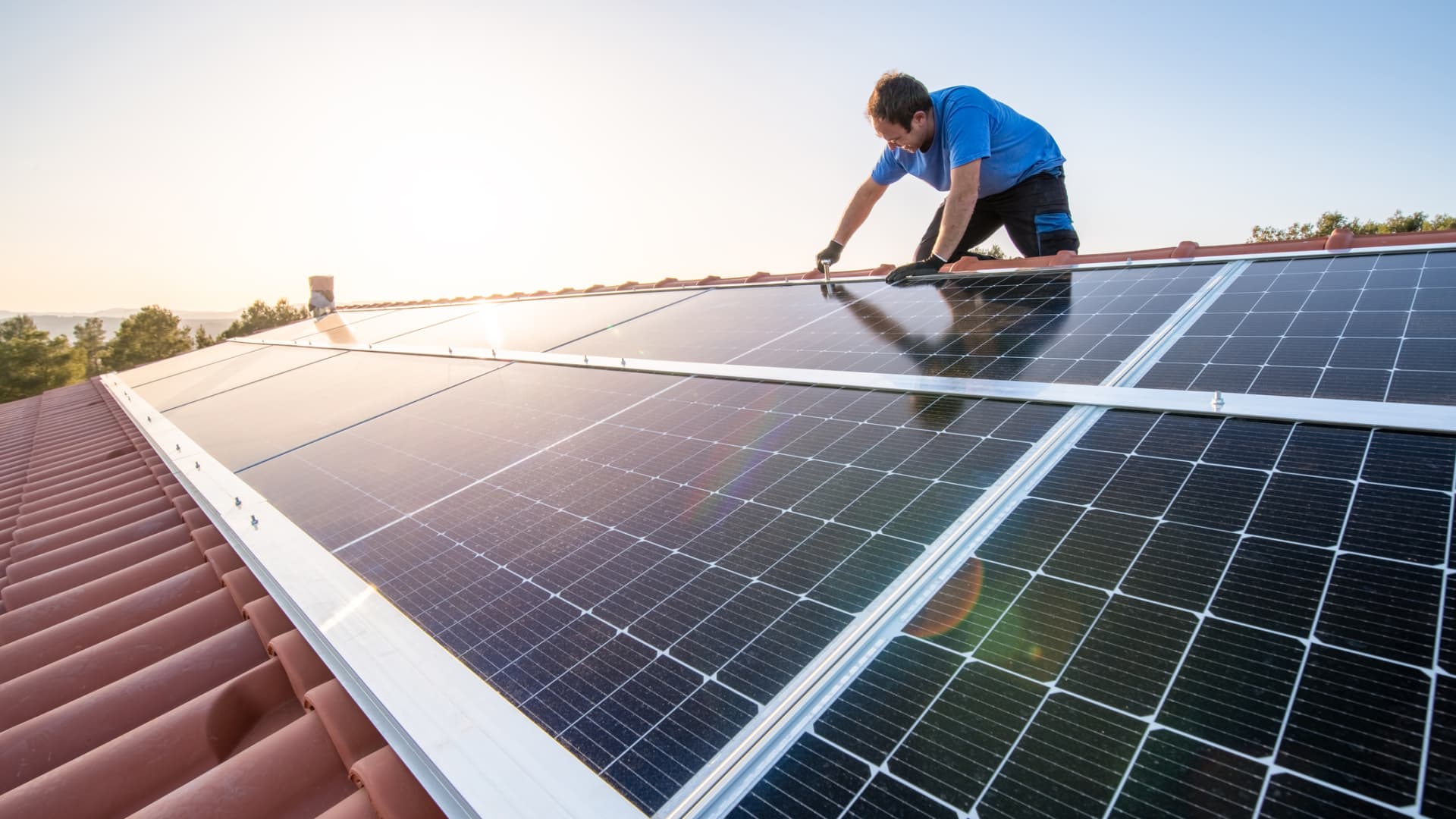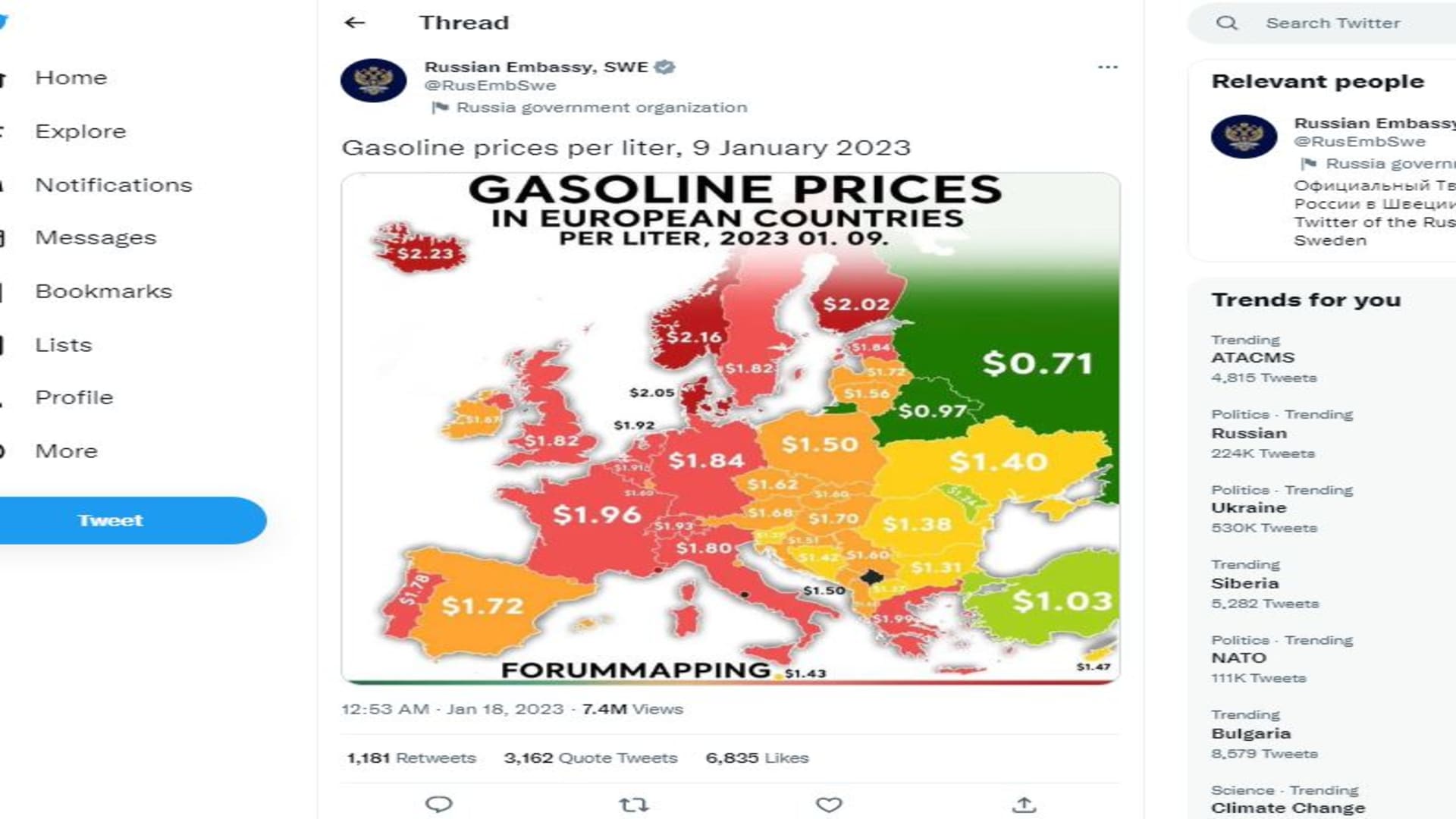Here is an object lesson for our times. A plan to create a massive green energy hub in Western Australia has been nixed by the country’s environment minister Sussan Ley on the grounds that it will adversely affect fragile wetlands and several species of migratory birds and violate the Environment Protection and Biodiversity Conservation Act. This from a nation that is trashing the Great Barrier Reef, one of the treasures of the natural world, in its frenzy to dig and export as much coal as possible.
At 2,527,013 square kilometers, Western Australia is four times the size of Texas, 20 times larger than Jolly Olde England, and accounts for fully one-third of the Australian continent. Just over 2 million people make their homes in all that vastness. It is the ideal place for renewable energy to flourish as it offers a whole lot of sunshine and, apart its coastal areas, very little else. If you want to get a better idea about WA, watch the movie Tracks, which tells the story of a woman who shepherds a small group of camels across this trackless wilderness.
Asian Renewable Energy Hub
Image credit: Asian Renewable Energy Hub
The plans for green energy in Western Australia began several years ago with a proposal to construct massive solar farms and send the electricity by undersea cable to Indonesia. That idea has now been dropped and replaced with a proposal to build a 26 gigawatt hybrid solar and wind facility near Port Hedland, a small city on the northern coast of WA. The electricity generated would power 14 GW of electrolyzers that would be used to convert desalinated seawater into green hydrogen.
Hydrogen is bit tricky to transport, but it can converted to ammonia, which is easy and relatively safe to transport using current technology. The installation would cover 660,000 hectares (1,631,000 acres) and include processing plants, marine infrastructure such as pipelines and an offshore export platform, and a new town to house workers, according to The Guardian.
A spokesperson for the Environment Ministry said the project would affect the ecological character of an 80-mile long beach that is protected by the Ramsar international convention on wetlands. In addition, a significant population of water fowl would be adversely affected, including seven threatened species.
“The minister found the marine component of the infrastructure corridor would disrupt tidal movements and processes and this would seriously impact the habitats and life cycle of the native species dependent upon the wetland and, accordingly, the ecological character of the Eighty Mile Beach Ramsar site itself,” the spokesperson said.
The Environmental Conundrum
Now here’s the rub. As champions of a sustainable Earth, we at CleanTechnica often rail against such outrages as oil and gas drilling in national parks, the Arctic National Wildlife Reserve, and such like. We don’t much like it when the arguments we use to oppose such abuses are in turn used to shoot down projects we favor. Indonesia uses a lot of coal to power its economy. Almost any alternative source of energy would be a win for it and the world community.
Alex Hewitt, the founder and director of CWP Renewables, an Australia-based partner in the green energy hub project, told the Guardian Australia last year the development was the country’s first “renewable energy project at oil and gas scale.” He said the scale of the project would allow hydrogen to be produced for less than $2 a kilogram, the “stretch goal” identified by the Morrison government as the point at which the fuel is expected to be cheaper than fossil fuel alternatives. The leaders of the consortium are targeting 2027 as the year when exports of green ammonia would begin.
Proponents of the project are considering their options and wondering if the government’s review was conducted fairly. Australia’s Clean Energy Council tells The Guardian it believes the project was rejected before the completion of detailed environmental studies. It says the hub is a “transformative economic opportunity” for Australia and that it will seek “urgent clarification” from Sussan Ley “to address the perception that this decision is inconsistent with well established processes or with the treatment of non-renewable projects. We expect that the Commonwealth will work in partnership with the Asian Renewable Energy Hub to provide the necessary guidance to appropriately assess and address any environmental impacts.”
In other words, it thinks the fix is in and the the verbiage about wetlands and endangered birds is just a smokescreen to disguise the fact that the Morrison government is no friend of renewable energy but subservient to any plans the fossil fuel crowd can cook up.
Environmental Relativism
The issue is not that the Asian Renewable Energy Hub may have adverse environmental impacts, it is that for nearly a century the fossil fuel industry has been excused from adhering to the same environmental standards. If a government imposes its environmental policies in an even handed fashion, that is one thing. If it does not, that is the very definition of corruption.
Did the Australian environment minister cook the books to please the friends of the current government? It certainly looks that way to those of us on the outside. The test is whether a proposal to mine coal in the same area would suffer a similar fate.
Sauce For The Goose
The other side of the coin is that those of us who advocate for renewable energy solutions must realize that our cherished projects also must adhere to environmental protection rules, even if that is inconvenient or an impediment to our cherished goal of protecting the Earth from a climate catastrophe of epic proportions.
We cannot destroy endangered species or clear vast forests to make room for the solar and wind farms that we want to power a zero emissions future. We recoiled in horror when the prior administration wanted to permit oil and gas drilling the ANWR or Bears Ears national monument. Are we willing to place renewable energy projects in similarly fragile areas, however?
“What’s sauce for the goose is sauce for the gander,” my old Irish grandmother liked to say. Being an environmentalist means protecting all of the environment, not just the parts that are convenient.



